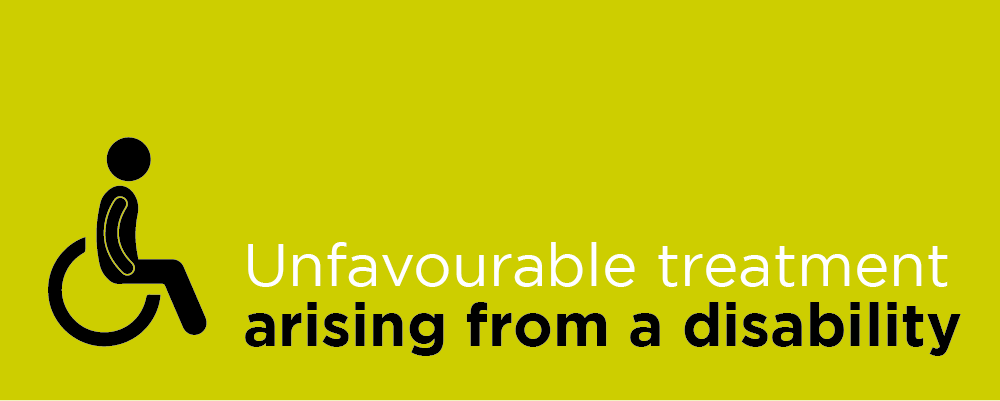- Basildon 01268244144
- Chelmsford 01245453800
- Colchester 01206217300
- London 020 4586 1280

There are many considerations in the workplace when an employee has a disability. Dealing with these issues can be time consuming but getting it wrong could undermine employee relations, result in grievances or legal claims, and be costly both in legal fees and compensation. In this blog we explore some of the considerations and why support for an employee is so important.
As an employer, when you are aware that your employee has a disability you should take time to understand the nature of that disability so that you can consider what, if any, reasonable adjustments could be made to the workplace. A failure to do so could result in a successful claim of discrimination against you.
Employers should also consider the possible consequences of the disability as these may put your employee at a disadvantage in the workplace. Such consequences can sometimes be avoided or minimised. This might involve seeking medical advice on whether any disadvantage is the result of a disability. It certainly should not be based on any assumptions of capability or lack of it, or how a disability might affect someone. A full consideration of the impact of any disability in the workplace is important because failure to do so may result in unfavourable treatment for the employee and a claim for discrimination against the employer. Let’s explore this further.
What is unfavourable treatment?
This is a very broad test – a rule of thumb is whether an individual is in as good a position as others are or would be, although there is no need for a comparison to be made. It is not based solely on the perception of the individual involved.
Did any unfavourable treatment arise because of the employee’s disability?
If unfavourable treatment can be established, the next question is whether that unfavourable treatment arose from, or in consequence of, an employee’s disability. That requires an investigation of two issues:
1. Did the employer treat the employee unfavourably because of an identified ‘something’? This is a subjective question that involves an examination of the employer’s attitude to whatever that ‘something’ was.
2. Secondly, did that ‘something’ arise as a consequence of the employee’s disability? This is an objective question that involves considering whether there is a link between the employee’s disability and the relevant ‘something.’
The proof is in the precedent
A recent case will help explain this. It concerns McQueen v General Optical Council [2023] in which the Employment Appeal Tribunal (EAT) considered these very questions.
The employee, who had dyslexia, symptoms of Asperger’s Syndrome, neurodiversity and left-sided hearing loss, had engaged in conduct that had brought him into conflict with his co-workers and he received disciplinary warnings. The Employment Tribunal found that his conduct did not arise as a consequence of his disabilities; instead, they concluded he had a short temper, resented being told what to do and had lost his temper.
In the EAT the employee’s legal team had argued that the Employment Tribunal had made an error of law by applying too strict a test. They said the ‘something’ that causes the unfavourable treatment need not be the main or sole reason but must have at least a significant (or more than trivial) influence on the unfavourable treatment. The EAT disagreed.
In this particular case the Employment Tribunal had decided that the employee’s disabilities did not have any impact on his conduct – there was no ‘something’ arising. That was the end of the matter, and no further consideration was needed about whether it was the main or sole reason.
The case highlights the importance of proactive consideration by employers of any disabilities that their employees may have and how they impact the working relationship, whilst balancing the need for reasonable and fair line management. Key to this is communication with your employee.
If you are already aware that your employee has a disability, consider what reasonable adjustments, if any, could be made to the working environment to ensure that the employee is able to overcome any substantial disadvantages they might face in doing their job we are happy to advise on this and other matters as part of our BLHR retainer service.
Even if you are not aware that your employee has a disability, if you know that he or she is struggling with their work, you need to ask questions of the employee as to why that is, in order that you can fully understand your obligations. An Employment Tribunal will look at whether you could reasonably have been expected to know about the disability. Proactive management is always the best way forward.
For advice on dealing with any aspect of the employment relationship, please get in touch with the BLHR & Employment Team.
Karen Morovic



Comments